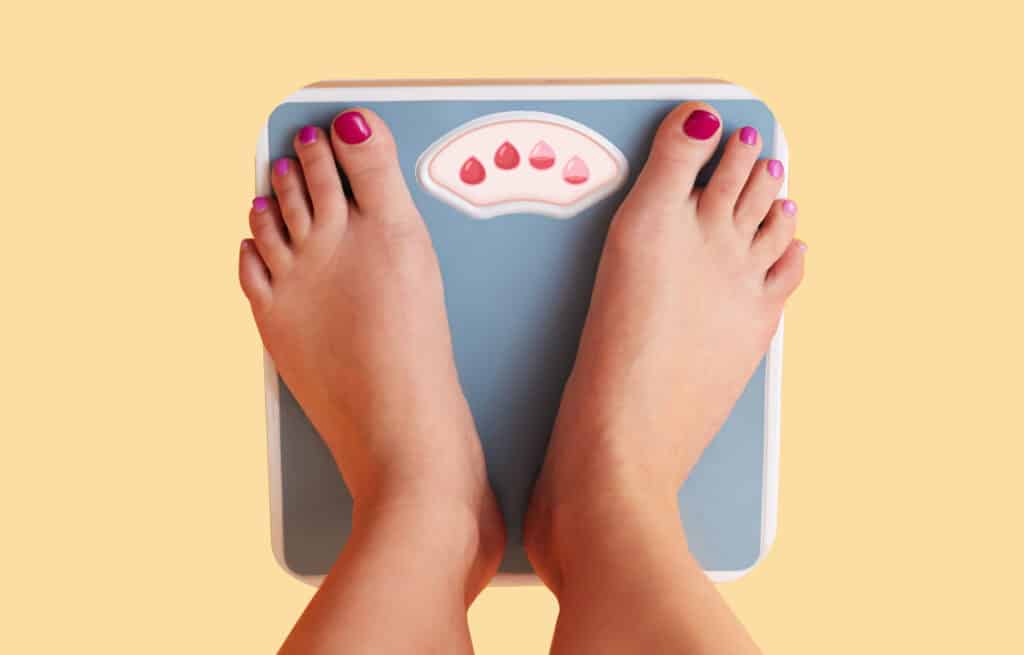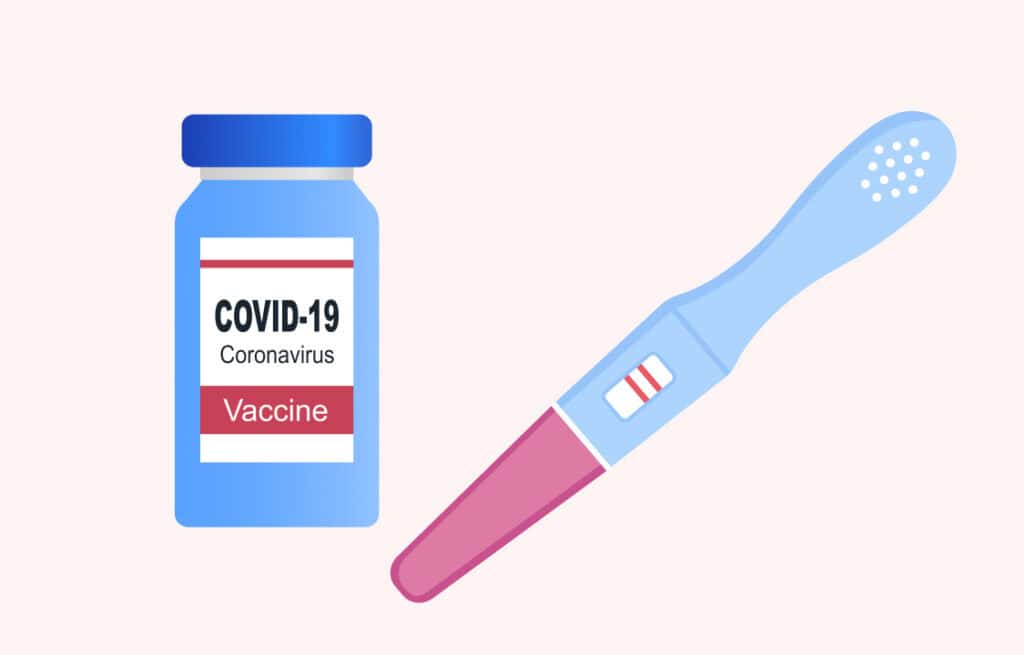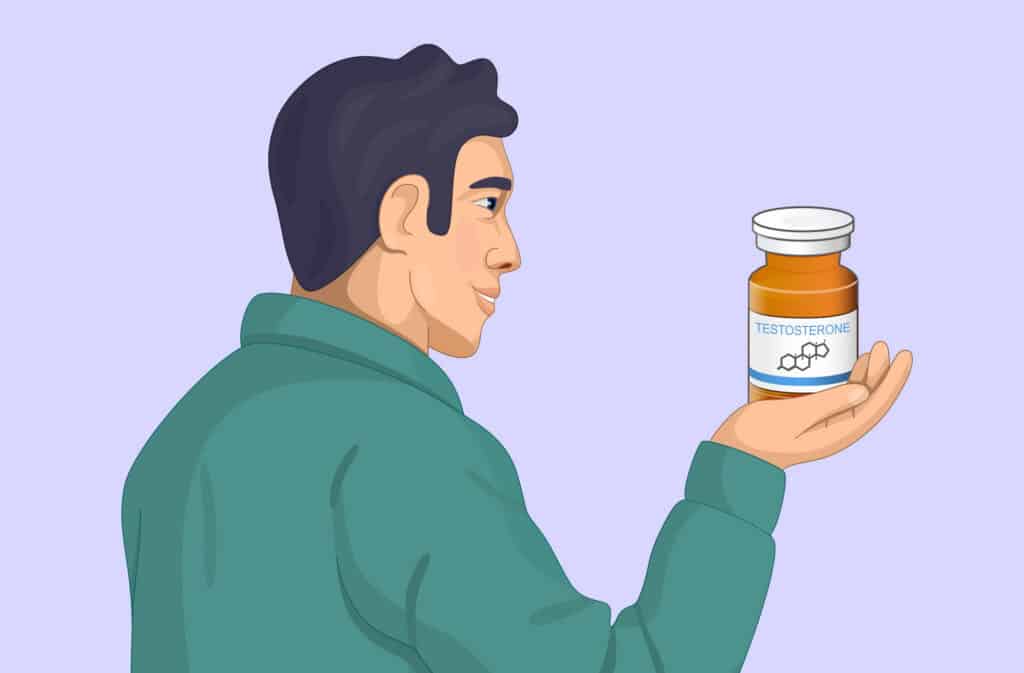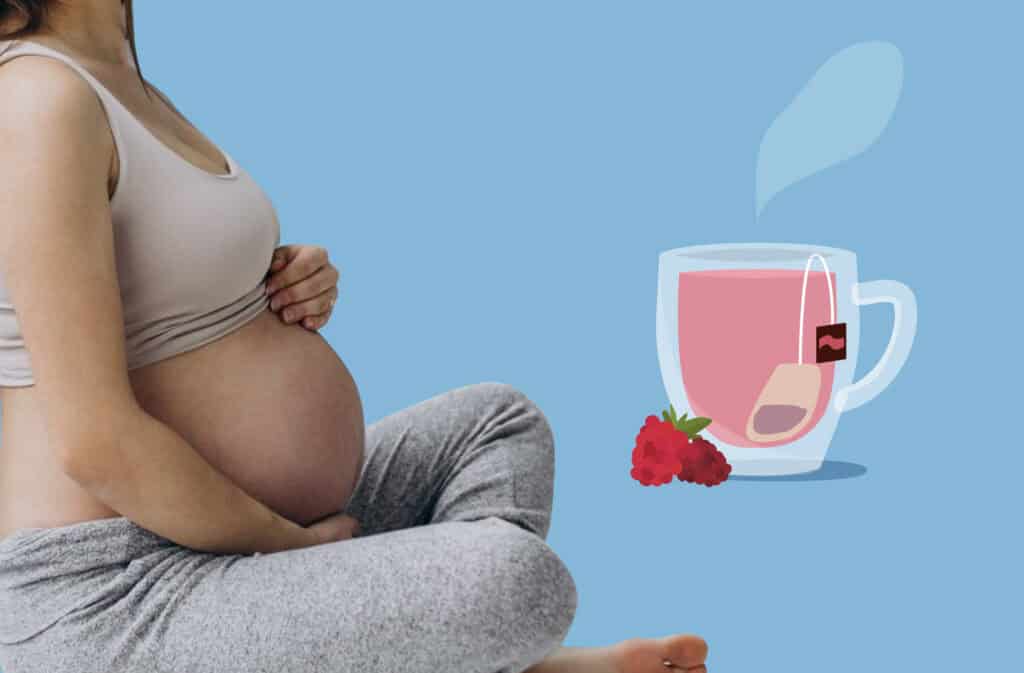Femia > Health Library > Your cycle > Health > Do you gain weight on your period? Causes and tips for managing fluctuations
Do you gain weight on your period? Causes and tips for managing fluctuations

- Updated Feb 12, 2025
- Published
CRAFTED BY HUMAN
Crafted by human At Femia, we provide accurate and up-to-date information at every stage of your journey, from trying to conceive, pregnancy and postnatal support. All content is created by a real person based on in-depth research and own professional experience. Femia ensures that you will receive expert advice, strict accuracy and a personalized approach from our authors/medical experts. Learn more about our editorial policy.
FACT CHECKED
Fact checked At Femia Health, we maintain the highest standards of editorial excellence in delivering content focused on helping you conceive, guiding you through pregnancy, and supporting you postpartum. Explore our content review principles to learn how we ensure the accuracy and quality of our health and lifestyle tips for every stage of your journey.
Do you gain weight on your period? The hormonal changes in your body—particularly increased progesterone levels—after ovulation can cause fluid retention and slowed digestion, leading to temporary weight gain before and during periods. It typically lasts 1–3 days after your period starts.
You can manage period weight gain by engaging in regular aerobic exercises and eating a healthy, fibrous, and magnesium-rich diet that includes foods like whole grains, leafy greens, seeds, bananas, avocados, black beans, quinoa, dark chocolate, and yogurt. It will reduce your cravings for unhealthy junk and prevent water retention and weight gain.
Do you weigh more on your period, or is it actual body fat? Let’s find out! Many people experience bloating and temporary weight gain during periods, which is normal, as it occurs due to hormonal changes and fluid retention in the body. It’s not actual body fat and goes away within 1–3 days after your periods begin.
Let’s discuss the reasons behind weight gain during periods in detail, plus how to manage them effectively.
Femia helps millions of women track intimate health symptoms
and find solutions
Why do you gain weight during your period?
So, if you are thinking ‘Why do I gain weight on my period?’ here is the the in-depth answer:
1. Hormonal changes
Our body experiences hormonal changes throughout the menstrual cycle. When you ovulate, progesterone levels increase for up to five days after ovulation to thicken the uterine lining and prepare it for implantation.
Progesterone is a reproductive hormone that is also involved in renal fluid and sodium regulation. An increase in progesterone levels and a drop in estrogen levels during or after ovulation can cause fluid retention in the body, which can lead to temporary weight gain.
Hence, you may experience weight gain before your period that lasts up to the first two or three days of your period due to fluid retention in the body.
👉Find out more: How to make your period come faster: Safe and natural tips
2. Bloating
Due to these hormonal changes during the ovulation and menstrual phases, you may experience fluid retention and bloating a few days before your periods and during your periods.
3. Digestive changes
Progesterone is known to slow or inhibit gastrointestinal motility, which can reduce digestion. Slowed digestion can contribute to weight gain just before or during your periods.
4. Cravings and increased appetite
Premenstrual syndrome (PMS)—a fluctuation in hormones leading up to menstruation—can cause physical, behavioral, and emotional changes. It also increases the desire for foods rich in fat, salt, and sugar. Increased cravings can cause additional food consumption right before your period, which can cause PMS weight gain.
Is period weight gain fat or water?
Period weight gain is not fat; it is typically the weight of extra water in the body due to fluid retention. The hormones estrogen and progesterone are commonly involved in fluid retention before or during your periods.
Increased appetite due to cravings can make you gain fat, but this contribution is commonly mild.
When does period weight go away?
So, when does period weight go away? Most people typically start to lose water weight within 1–3 days after their period begins. You will return to your normal weight within one week after your period starts. However, this is only possible if the weight gain is not from your dietary or lifestyle habits.
Femia helps millions of women track intimate health symptoms
and find solutions
How to manage period weight gain
The following dietary and lifestyle changes will help you manage period weight gain:
1. Limit salt intake
Salt attracts water because of the opposite charges of the ions in their molecules. Hence, consuming more salt or salty foods can increase water retention and lead to weight gain.
So, to manage period weight gain, try to limit your salt intake. Choose fibrous foods instead, like black beans, chickpeas, and brown rice, to reduce your cravings for salt and junk.
2. Engage in regular aerobic exercises
Engaging in regular workouts or aerobic exercises, like jogging or brisk walking, for 30–45 minutes a day can help ease premenstrual symptoms and prevent weight gain. Similarly, practicing relaxation techniques, like breathing exercises, yoga, meditation, and massage, is also beneficial.
👉Find out more: Reverse Kegels: What they are, how to do them, and their benefits
3. Include magnesium-rich food in your diet
Magnesium helps reduce fluid retention, as it regulates electrolyte balance in the body. Hence, eating magnesium-rich foods, like bananas, nuts, dark chocolate, spinach, almonds, avocado, black beans, and others before and during your period can help manage fluid retention in the body, reducing the chances of weight gain.
4. Stay hydrated
Keeping yourself hydrated with at least eight glasses of water per day can help flush harmful toxins and excess sodium from your body, reducing bloating before and during periods.
Questions from the Femia community
Does bloating during my period mean I’m eating poorly?
Bloating commonly occurs due to hormonal changes in the body during periods, not diet. However, an unhealthy diet can increase your bloating during or before periods.
Can birth control pills make period weight gain worse?
No, research shows that hormonal birth control pills do not cause weight gain; hence, they are not associated with making period weight gain worse.
Why do I crave salty and sugary foods before my period?
Hormonal changes in the body before your period can cause cravings for sugary and salty foods.
The bottom line
So, why are you heavier on your period? Let’s conclude. When you ovulate, your body experiences a surge in progesterone and a drop in estrogen levels, which can take a few days to normalize.
The fluctuations or changes in progesterone and estrogen can cause fluid retention in the body, which may lead to temporary weight gain. However, this weight gain is not actual fat and usually goes away within 1–3 days after your period starts.
Moreover, you can manage or prevent period weight gain by eating a healthy, fibrous, and magnesium-rich diet, engaging in regular aerobic exercises, and keeping yourself hydrated to flush excess sodium from your body.
References
- Stachenfeld, Nina S. “Sex Hormone Effects on Body Fluid Regulation.” Exercise and Sport Sciences Reviews, vol. 36, no. 3, June 2008, pp. 152–59. https://doi.org/10.1097/jes.0b013e31817be928.
- Reed, Beverly G., and Bruce R. Carr. “The Normal Menstrual Cycle and the Control of Ovulation.” Endotext – NCBI Bookshelf, 5 Aug. 2018, www.ncbi.nlm.nih.gov/books/NBK279054/#:~:text=Estrogen%20levels%20rise%20during%20the,then%20drop%20precipitously%20after%20ovulation.
- Alqudah, M., et al. “Progesterone Inhibitory Role on Gastrointestinal Motility.” Physiological Research, no. 2, Apr. 2022, pp. 193–98. https://doi.org/10.33549/physiolres.934824.
- De Souza, Luciana Bronzi, et al. “Do Food Intake and Food Cravings Change During the Menstrual Cycle of Young Women?” Revista Brasileira Ginecologia E Obstetrícia, vol. 40, no. 11, Nov. 2018, pp. 686–92. https://doi.org/10.1055/s-0038-1675831.
- “Kick PMS Bloat to the Curb.” Mayo Clinic, www.mayoclinic.org/healthy-lifestyle/womens-health/in-depth/water-retention/art-20044983.
- Rosenberg, Michael. “Weight Change With Oral Contraceptive Use and During the Menstrual Cycle.” Contraception, vol. 58, no. 6, Dec. 1998, pp. 345–49. https://doi.org/10.1016/s0010-7824(98)00127-9.

Kansas has filed a lawsuit against Pfizer, alleging misinformation about its COVID-19 vaccine’s safety and effectiveness, including during pregnancy. Learn more about the claims, evidence, and implications.

Does testosterone affect sperm and make you infertile? Find the answer in this comprehensive guide about TRT and fertility!

Many women drink raspberry leaf tea during pregnancy to prepare for labor. Find out how raspberry leaf tea can benefit you and when to start raspberry leaf tea.

